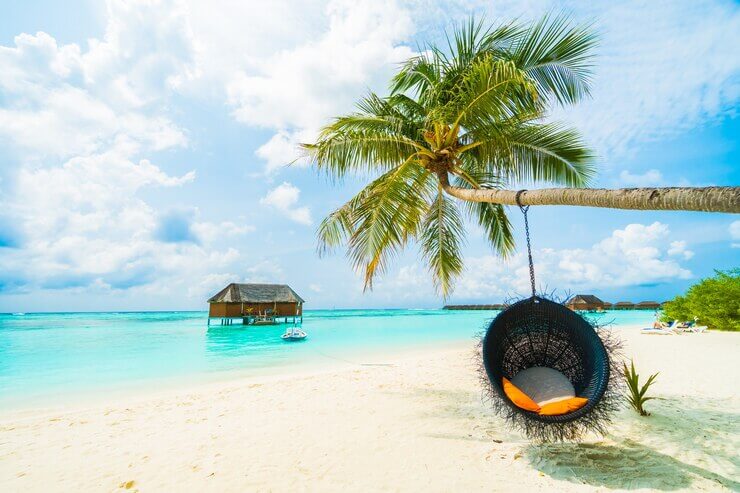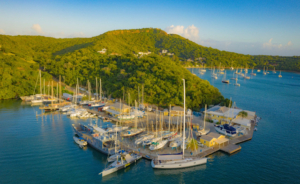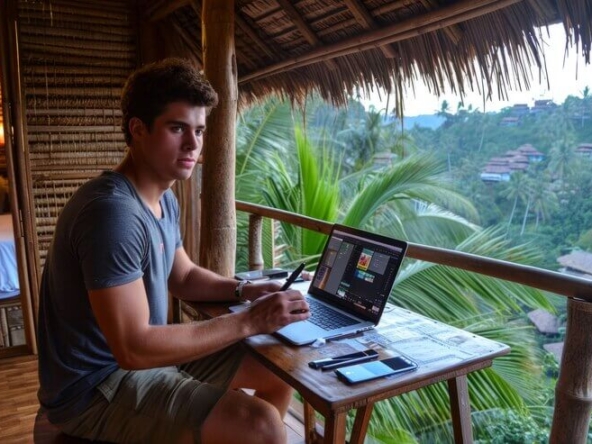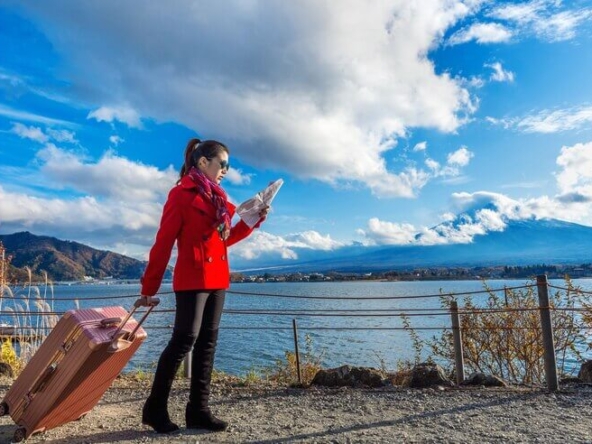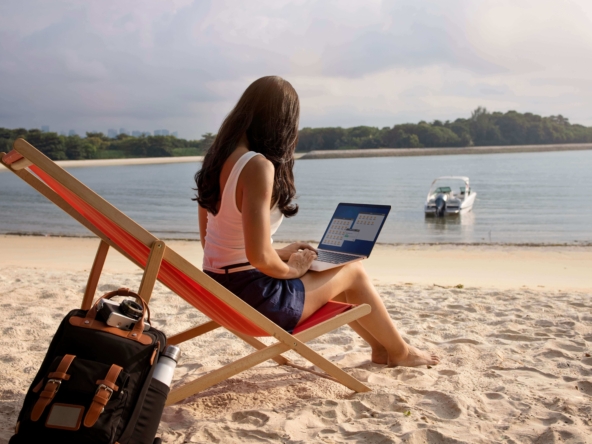Popularity as a Tourist Destination
Antigua is a major tourist place, with its 365 beaches-one for each day of the year-while lavish resorts, great culture, and friendly locals make it a paradise. In the following article, we will be showing everything you should know about safety in this beautiful country, so that your vacation is as memorable as possible, and secure.
Tourist Areas vs. Local Areas
Generally speaking, Antigua is safe in places popular with tourists: Dickenson Bay, Jolly Harbour, and English Harbour are the places where police presence and private security are normally felt. In general, these places are maintained and policed regularly to ensure that visitors have no discomfort during the stay.
This is less true in much more rural or less-touristed parts of the island. While locals are very friendly and hospitable, it pays to take a little extra care when away from the tourist hotspots. Travelers should avoid walking alone at night in remote neighbourhoods, or in any area that is unfamiliar to them.
Beach Safety in Antigua
Antigua is famous for its beaches, with 365 present, most of which can be safe to swim in and explore. Yet, where the waters are generally quite tranquil-mostly on the Caribbean side of this island-some beaches have strong currents. It is always an excellent idea to stay within the areas for swimming that are designated, heeding any warnings from lifeguards or local authorities.
Moreover, wear sun protection, and stay hydrated, especially in peak sun hours. Jellyfish and sea urchins may be present at times; therefore, water shoes will protect you from these marine animals. Lastly, pay attention to your environment.
Antigua Safe for Families
Family-Friendly Activities
Antigua is generally a great destination for families, as there are a lot of child-friendly activities; from snorkeling in shallow waters to historic sites like Nelson’s Dockyard, there is much to keep kids entertained.
Specific Kid Safety Tips
If traveling with children, especially make sure they always wear sunscreen and take in plenty of water to prevent dehydration. Also, remind them to stay close to you at all times without wandering off on their own-especially in crowded environments.
Nightlife Safety
Antigua has a lively night scene, generally centered around places such as the St. John’s locale, Jolly and Falmouth Harbour. While eenjoying the fun – splashing at bars or dancing at local clubs, remember to keep an eye open. Stick to the main well-lit areas especially if traveling alone. It is also recommended to travel in groups or to use a reputable taxi service when leaving or returning to your accomodation.
While alcohol accompanies the fun, keep drinks in your view and be cautious whenever accepting beverages from strangers. Some of the basic safety tips will ensure Antigua’s vibrant atmosphere does not provide you with problems.
Safety in Remote Areas
If you are the kind of adventurous traveler that would wish to explore some of Antigua’s furthermost spots, it is advisable to take certain precautions: make sure your phone is fully charged, bring adequate supplies of water and snacks, and let someone know where you are going.
A local guide such as Happy Heights will add a whole new dimension to your experience and an added touch of safety on places not easily trodden. They will not only help you get through, but will also provide all sorts of interesting information about Antigua’s history and culture.
Health and Medical Safety
Generally, Antigua enjoys good health care, especially in St. John’s-the capital. Private and public hospitals and clinics are well equipped to meet any medical emergency. It is always advisable, however, to carry basic medicine for minor ailments while going to remote areas or even smaller islands such as Barbuda because medical resources may be out of reach.
Health-wise, make sure that you are up to date with the routine vaccinations. There is no risk of yellow fever in Antigua, but mosquito-borne illness such as dengue fever can be a problem. Therefore, insect repellent is advised.
Natural Disasters and Weather Safety
Antigua and Barbuda are in the hurricane belt and susceptible to hurricanes and tropical storms, particularly from June to November, during the Atlantic hurricane season. It is always advisable to check the weather forecast before travel, and consider taking out travel insurance that covers natural calamities.
Though most hotels and resorts are quite well prepared for storms, it is still advisable to learn the evacuation routes as well as safety procedures. Fortunately, serious hurricanes are very uncommon, but preparation usually is the key.
Transportation Safety
Getting around Antigua is relatively safe by public transportation or car rental. Taxis are, in general, available and often the most convenient option if you’re a tourist. Just make sure to agree on the fare at the beginning of the journey because few use meters.
If you plan on renting a car, remember that Antiguans drive on the left-hand side of the road, which may take some getting used to for many visitors. Generally, the roads are in decent shape around the major tourist attractions, though the conditions deteriorate somewhat as you proceed to areas that are more rural, so drive carefully!
Food and Water Safety
Antigua’s cuisine is excellent, from seafood to Caribbean spices, and restaurants in general have very good health standards, especially in the tourist areas. Therefore, most foods will not give you any problems. However, if you are particularly fond of street food, make sure the site and its vendor are clean, or that the food has been cooked a while.
As for water: It is advisable to drink bottled water instead of tap water, as it might not be safe for foreign stomachs. Most hotels provide bottled water, as well as selling it in stores.
Cultural Considerations and Respect for Local Customs
Antigua is a laid-back island steeped in culture, and the locals are warm and friendly. While the atmosphere remains relaxed, it is still necessary to respect local customs: Dress modestly when off the beach, and avoid behaviors that could be considered disrespectful-such as public intoxication or disregard for local laws.
Common Tourist Scams to Avoid
Though Antigua is considered to be a rather safe island, tourists should be aware of some possible scams: overestimated prices for some services, fake tour guides, and too pushy vendors. The rule of thumb will be to book excursions only through reputable companies and avoid offers that seem too good to be true.
Staying Connected: Internet and Communication Safety
Antigua enjoys decent internet access, especially in the tourist areas, and thus it will be pretty easy to stay connected. Wi-Fi is standard in most hotels, cafes, and restaurants. However, the use of a VPN every time one needs to access personal information over a public network will always help avoid some kind of cyber threat.
Important Emergency Contacts
When traveling, it is always good to have some kind of emergency list. In Antigua, the police can be reached by calling 911, and for medical emergencies they also can be reached at 911. It’s a good idea to keep the contact information for your country’s embassy or consulate on hand too.
Conclusion
In general, Antigua and Barbuda is safe and very welcoming for visitors, having amazing landscapes and rich culture. Of course, standard precautions should be taken. If you do everything right, your trip in Antigua will be pleasant and not burdensome.
Looking for your perfect rental property in Antigua? Contact JMVI Realty today to explore a wide range of beautiful homes and apartments tailored to your needs. Let our expert team help you find your ideal Caribbean getaway. Reach out now and start your journey to paradise
FAQ
Is Antigua safe for solo female travelers?
Yes, Antigua is generally a safe destination for traveling alone as a female. Take normal precautions such as avoiding walking alone at night, and stick to well-lit, populated areas.
What time of the year is best to go to Antigua?
The high tourist season, November to April, is the best time to visit Antigua because the weather is most pleasant during this dry season.
Are vaccinations required for Antigua?
No particular vaccinations are required, but it’s always good to be current with your regular vaccinations.
How safe is it to swim in waters off the coast of Antigua?
Overall, it is generally safe to swim in waters off Antigua’s quiet beaches, but look for local warnings and never venture in when seas are rough.
Should I be worried about mosquitoes in Antigua?
Yes, mosquitoes can be a nuisance, especially in the rainy season. Insect repellent is recommended, as are long sleeves to prevent bites.
Which areas of Antigua should tourists avoid?
Isolated areas at night such as Grays Farm, for example. Stick to known tourist zones for added safety.
How would you characterize medical care for tourists in Antigua?
Medical care is adequate for minor problems but serious conditions may require evacuation.
Is Antigua safe during hurricane season?
Yes, but you should try to remain informed about the weather forecasts and have an emergency plan against a storm.

